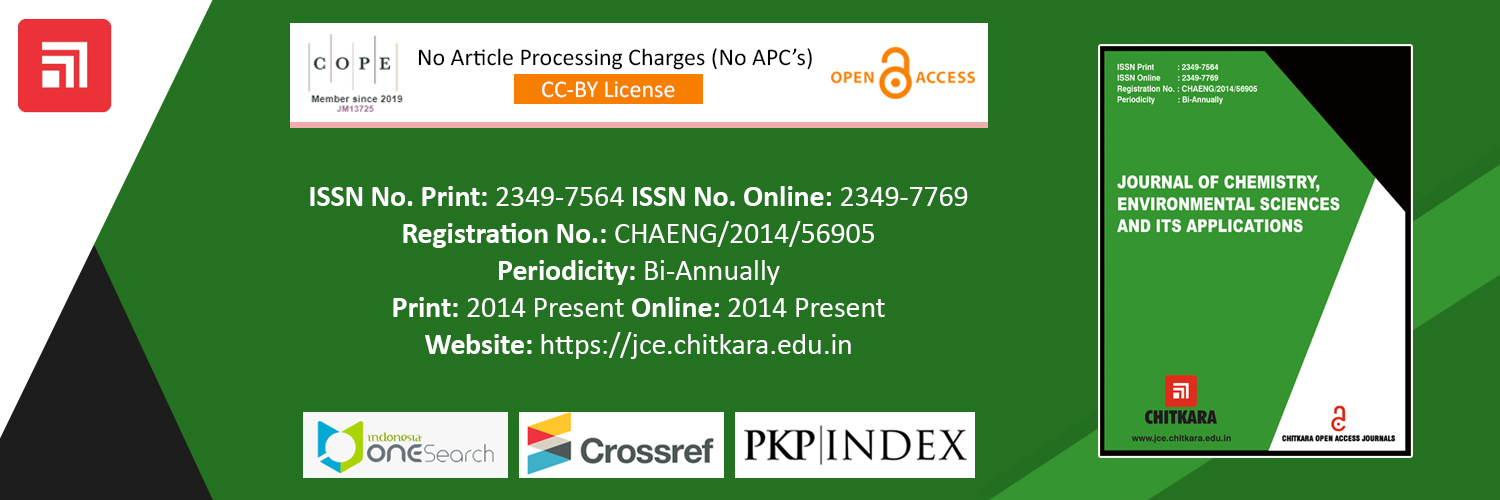
# *Chemosphere* by Elsevier Removed from Clarivate’s Web of Science: Implications for the Academic World
In a noteworthy and contentious move, the Elsevier-managed chemistry journal *Chemosphere* was excluded from Clarivate’s Web of Science index on December 16, 2024, due to “failing to satisfy editorial quality standards.” This removal disrupts the journal’s capacity to have its articles indexed, citations counted, and, crucially, to receive an annual impact factor—a vital metric for academic assessment. The consequences for researchers, the journal itself, and the broader scientific community are extensive.
## The Path to Removal: Significant Events in *Chemosphere*’s Quality Management Issues
Clarivate’s choice to delist *Chemosphere* follows a range of editorial and scientific integrity issues that emerged over the preceding year. The journal, which had a notable impact factor of 8.1 in 2023, faced heightened scrutiny starting in early 2024. At the heart of the debate were the publication, amendment, and withdrawal of several articles, as well as questions regarding publication ethics.
### Withdrawals and Warning Signals
In December 2024, *Chemosphere* retracted eight articles after what it termed a “comprehensive investigation.” However, worries regarding the journal’s editorial procedures had been surfacing well in advance. By May 2024, it was uncovered that more than 60 articles released in *Chemosphere* had been marked with expressions of concern. According to *Retraction Watch*, many of these flagged publications had been identified months prior to public acknowledgments.
The reasons for these concerns varied, but persistent issues included dubious author changes before publication and potential citation manipulation—behaviors that signal academic misconduct. For example, citation manipulation can artificially elevate metrics like impact factor, which some speculate might have influenced the journal’s publishing practices.
### The Controversial Flame Retardant Study
Compounding *Chemosphere*’s challenges was a notorious instance of scientific inaccuracy. In September 2024, the journal published a paper asserting dangerously high levels of flame retardants in black plastic cooking utensils. The study attracted considerable media coverage, inciting public anxiety regarding the safety of common kitchen items. Nonetheless, the study faced backlash when, on December 15, the authors issued a correction admitting to errors in their evaluation of human exposure. The rectified figures showed that exposure levels were significantly lower than initially reported and well within safe limits. This prominent mistake further tarnished the journal’s standing.
## Importance of Delisting: Consequences for *Chemosphere* and Its Contributors
Removal from the Web of Science index represents one of the most severe penalties a journal can endure. The index is an essential global database of high-quality research and plays a critical role in monitoring citation metrics and journal impact factors.
1. **Effects on Researchers:**
Numerous researchers depend on Web of Science metrics to showcase the reach and influence of their work—criteria frequently linked to hiring, tenure, and promotion at academic institutions and research organizations. A delisted journal, such as *Chemosphere*, essentially vanishes from this framework, risking the devaluation of academic contributions by researchers who publish therein.
2. **Difficulties in Attracting Contributors:**
Journals face substantial challenges in drawing quality manuscripts without indexing and an impact factor. For aspiring researchers desiring prestige and visibility, publishing in a delisted journal may be regarded as a disadvantage. Over time, this creates a cycle of diminishing submissions and, potentially, a decline in journal quality.
3. **Harm to Reputation:**
Journals depend on their reputations for rigor, integrity, and reliability to remain competitive. Exclusion from Web of Science raises doubts about a journal’s editorial practices and research oversight. *Chemosphere* now confronts a formidable challenge in regaining the trust of stakeholders: from readers and contributors to collaborators and publishers.
## The Larger Perspective: Insights into Ensuring Publishing Integrity
The delisting of *Chemosphere* serves as a cautionary example in the contemporary publishing environment, especially concerning the increasing scrutiny on editorial practices and research ethics. While it is not the first esteemed journal to experience such repercussions, this case emphasizes systemic challenges confronting the academic publishing sector.
### Unethical Practices and Publication Pressure
The rise of ethical violations in publication, including citation manipulation or dubious authorship practices, highlights the immense pressure on journals and authors to “perform” by maintaining high impact factors and achieving publishable results. For many researchers, publishing in journals with high impact factors is directly linked to career success, creating motivations that can lead to ethical breaches.
### Oversight Shortcomings in High-Impact Journals
Although smaller or less renowned journals are typically the focus of integrity investigations, the *Chemosphere* case illustrates that even established journals are not exempt from lapses in oversight. This raises important questions about